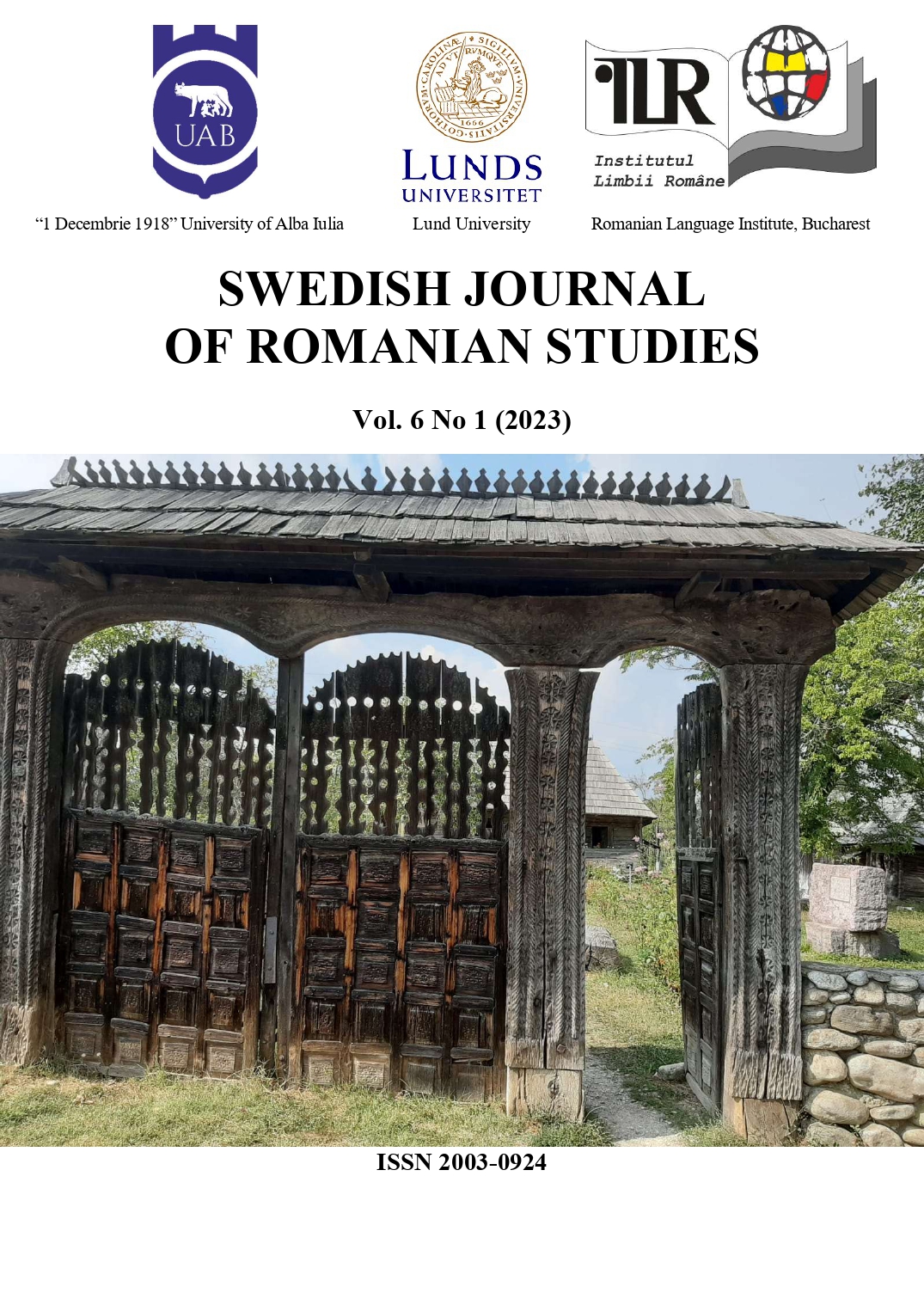Case studies in Romanian teacher education: flipped classroom and microteaching opportunities
Case studies in Romanian teacher education: flipped classroom and microteaching opportunities
Author(s): Mădălina Elena MandiciSubject(s): Foreign languages learning, Sociolinguistics, Culture and social structure , Adult Education, Higher Education , Educational Psychology, State/Government and Education, Social psychology and group interaction, Behaviorism, Methodology and research technology, Applied Sociology, Evaluation research, Social Norms / Social Control, Pedagogy
Published by: Språk- och litteraturcentrum, Lunds Universitet
Keywords: Romanian teacher education; heterarchical student-teacher relationships; flipped classroom; microteaching; loop input;
Summary/Abstract: This paper aims to problematize and conceptualize the teaching approaches used by two trainers in the Applied Linguistics MA program at the Alexandru Ioan Cuza University of Iași, Romania. Data collection was undertaken during the first semester of the academic year 2017-2018 for approximately two months during which I attended the first module of my master’s studies as a post-graduate student. The approach adopted combines a conventional literature review with the examination and discussion of two case studies incorporating post-observation field notes and teacher questionnaires for the purpose of triangulating data and methods. The paper lists findings consistent with the idea that the Romanian teacher education program helps trainees develop a reflective stance on their pedagogical practices through micro-teaching and presentation opportunities. Both courses have similar ultimate aims and rely on a non-hierarchical teacher-student relationship, using teaching and presentation sessions embedded in the training classroom to bridge the gap between theory and practice. The ultimate aim of the present study is not to persuade anyone to flip a classroom or let students embark on micro-teaching, but rather to provide potential readers with feasible resources should they decide to modify a university course or a pre-university lesson using one of the approaches described herein.
Journal: Swedish Journal of Romanian Studies
- Issue Year: 6/2023
- Issue No: 1
- Page Range: 162-190
- Page Count: 29
- Language: English

